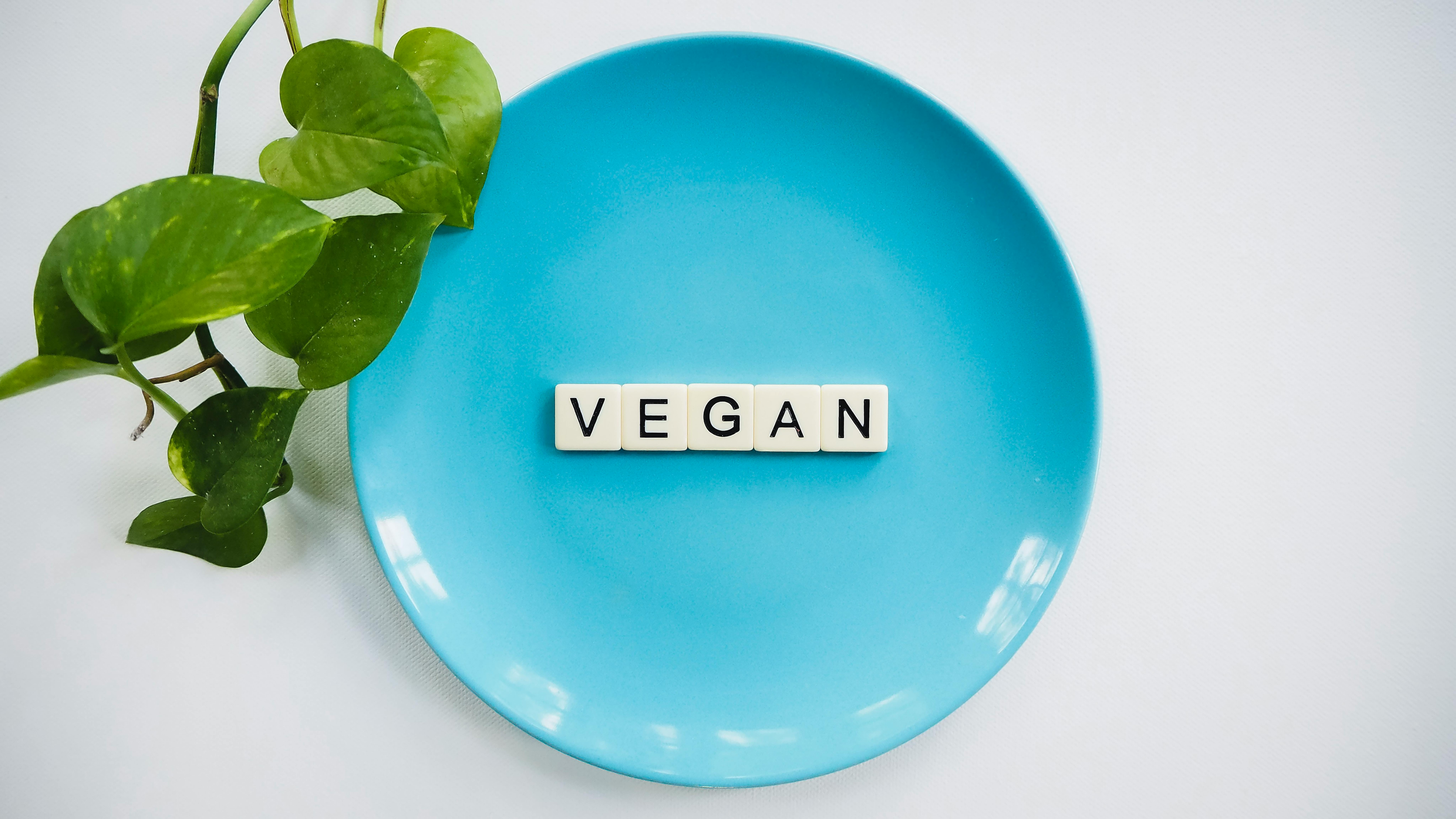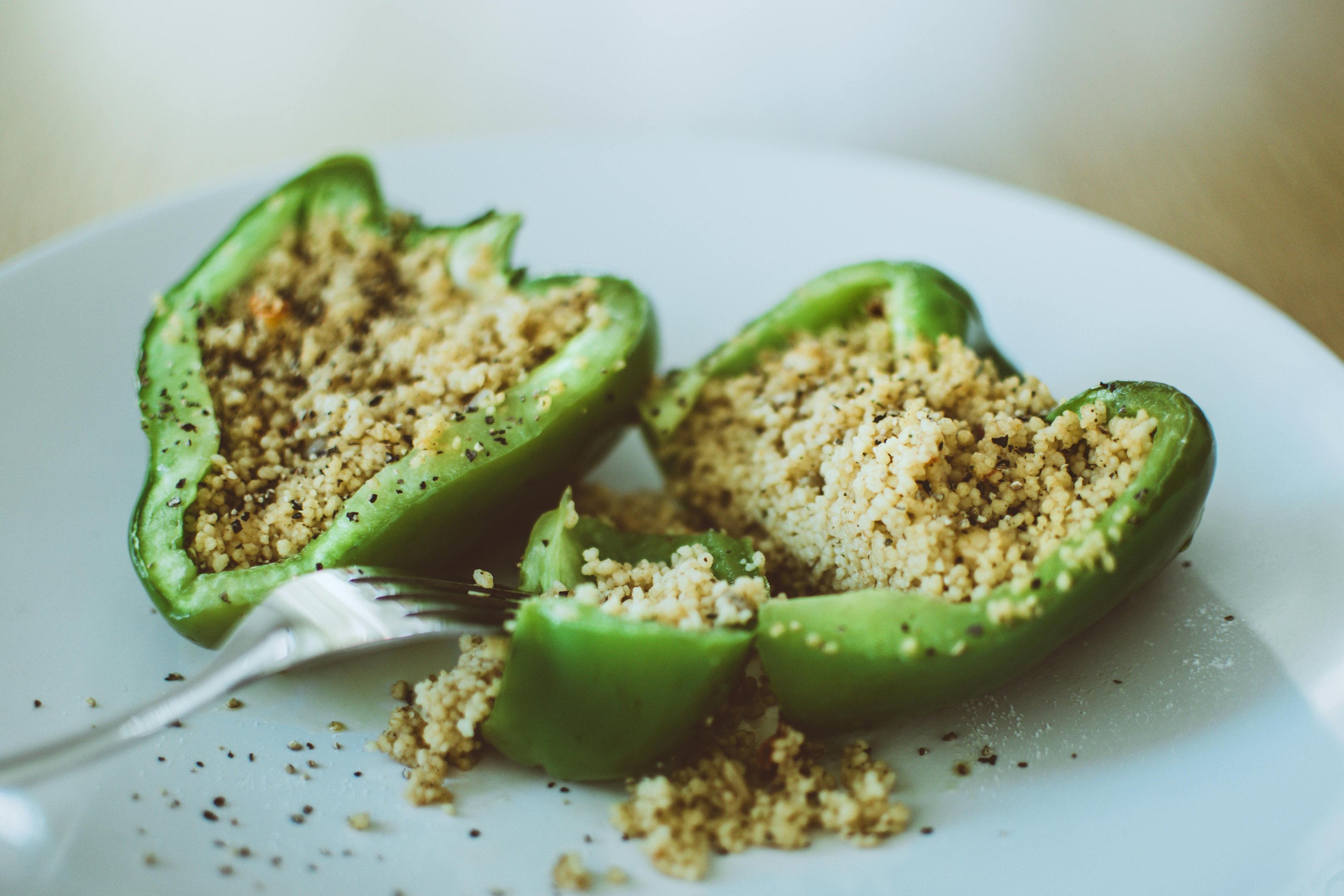Intermittent Fasting For Vegans
Introduction
Definition of Intermittent Fasting
Intermittent fasting, which is a practice that involves cycling between periods of fasting and eating, has gained significant traction recently. It is not a diet per se, but rather an eating pattern that focuses on when to eat rather than what to eat.
The concept behind intermittent fasting is rooted in our evolutionary history, as humans have evolved to function optimally in conditions of alternating periods of feasting and famine.
Growing Popularity of Intermittent Fasting among Vegans
In line with the rising trend of plant-based diets, intermittent fasting work has also gained popularity among vegans.
Traditionally associated with animal-based diets and bodybuilding communities, intermittent fasting has now found its place in the vegan world (vegan intermittent fasting). This growing interest can be attributed to several factors.

Firstly, vegan intermittent fasting aligns well with the ethical principles underlying veganism and a plant based diet. By promoting mindful consumption and reducing overall calorie intake within specific timeframes, intermittent fasting offers a way for vegans to practice sustainability and conscious eating.
Secondly, many vegans appreciate the potential health benefits associated with intermittent fasting. While it is essential to note that research on this specific combination is still developing, studies suggest that intermittent fasting may improve insulin sensitivity, aid in weight management efforts by promoting fat burning while preserving muscle mass, and even enhance brain function.
The vegan community has embraced intermittent fasting due to its flexibility and adaptability. There are various ways to practice intermittent fasting (such as 16/8 method, 18/6 method, or alternate-day fasts), allowing individuals to personalize their approach based on their preferences and lifestyle requirements.
Providing a Comprehensive Guide on Intermittent Fasting for Vegans
The purpose of this outline is to serve as a complete guide for individuals who follow a vegan lifestyle or want a lifestyle change and wish to incorporate intermittent fasting into their routine.
By merging the principles of veganism with intermittent fasting techniques, this guide aims to provide valuable insights and practical tips for achieving successful results.

Throughout this article, we will delve into the various types of intermittent fasting, explore the benefits it offers to vegans, examine the fundamental aspects of vegan nutrition, and address potential challenges that may arise when combining these two approaches.
By doing so, readers will be equipped with a comprehensive understanding of how to effectively start intermittent fasting within a vegan and plant based diet framework while maintaining optimal nourishment and health.
Join us on this thought-provoking journey as we explore the intersection of intermittent fasting and veganism, unlocking an array of possibilities for enhanced wellness and mindful eating practices.
Understanding Intermittent Fasting
Exploring Different Types of Intermittent Fasting
Intermittent fasting is a dietary pattern that involves alternating periods of eating and fasting. There are several popular forms of intermittent fasting, including the 16/8 method, the 18/6 method, the 5:2 diet, and alternative day fasting.
The 16/8 method, also known as the Lean gains protocol, involves restricting your daily feasting window to eight hours and fasting for the remaining sixteen hours.
This approach is commonly practiced by eating your last meal at 7PM and skipping breakfast (only ingesting herbal tea or black coffee) and having lunch as the first meal of the next day. Black coffee should help blunt hunger pains.

The 5:2 diet restricts calorie intake on two non-consecutive days of the week to about 500-600 calories while eating normally during the other days. This method allows for flexibility in choosing which days to fast but still provides some degree of calorie restriction.
Alternate-day fasting follows a pattern where you fast every other day or limit your calorie intake to around 500-600 calories on those days. This type of intermittent fasting can be more challenging but has shown promising results to help lose weight, body fat reduction, and health improvements.
The Benefits of Intermittent Fasting for Health and Weight Management
Intermittent fasting offers numerous health benefits beyond weight management and body fat reduction. One key advantage is improved insulin sensitivity and blood sugar control.
By periodically abstaining from food, intermittent fasting helps regulate insulin levels, preventing spikes that may lead to insulin resistance and related metabolic issues such as type 2 diabetes.
Additionally, intermittent fasting promotes increased fat burning and weight loss potential due to extended periods without food consumption. During these fasted states, when glycogen stores are depleted after approximately 12 hours without food intake, the body turns to stored fat as an energy source instead.
Furthermore, intermittent fasting has been associated with enhanced brain function and mental clarity. Studies have shown that fasting triggers various cellular and molecular changes, including increased production of brain-derived neurotrophic factor (BDNF), a protein that aids in the growth and protection of nerve cells.
This neuroprotective effect may contribute to improved cognitive function, memory, and overall brain health. Intermittent fasting can be an effective dietary approach for vegans seeking overall health improvements and weight management through body fat reduction.
Understanding the different types of intermittent fasting methods such as the 16/8 protocol, 5:2 diet, and alternative day fasting allows individuals to choose a method that aligns with their lifestyle and preferences.
Moreover, the benefits of improved insulin sensitivity, burning fat, and enhanced brain function make intermittent fasting an appealing option for those looking to optimize their plant based diet journey.
Vegan Nutrition Basics
Overview of Macronutrients in a Vegan Diet
In a vegan diet, macronutrients are derived solely from plant-based sources. Understanding the composition of macronutrients is crucial for vegans practicing intermittent fasting. Carbohydrates, proteins, and fats are the primary macronutrients that provide energy and play essential roles in the body especially on a vegan diet.

Carbohydrates are the main source of fuel for our bodies, and they can be found abundantly in whole foods like whole grains, fruits, vegetables, and legumes. Proteins are vital for muscle repair and growth, and vegans can obtain sufficient protein from sources such as lentils, quinoa, tofu, tempeh, beans, and nuts.
Fats also serve as an energy source and help absorb certain vitamins. Plant-based fats can be found in avocados, nuts, seeds, olive oil, coconut oil.
Importance of Balanced Macronutrient Intake during Intermittent Fasting
Maintaining a balanced intake of macronutrients is essential during intermittent fasting to ensure optimal health and well-being for vegans.
While practicing intermittent fasting protocols such as 16/8 or alternate-day fasting where food consumption is restricted to specific time windows or days respectively; it becomes crucial to maintain a well-rounded diet when eating fewer meals overall. Striking a balance between carbohydrates (including fiber-rich options), proteins (for muscle maintenance), and healthy fats helps prevent nutrient deficiencies while promoting satiety during the fasting periods.
Plant-Based Protein Sources for Muscle Maintenance during Fasting Periods
For vegans following intermittent fasting regimens aiming to preserve muscle mass during periods of caloric restriction; incorporating quality plant-based protein sources into their diet becomes imperative.
Legumes like lentils and beans offer substantial amounts of protein along with fiber and other essential nutrients. Soy-based products, including tofu and tempeh, serve as excellent protein sources for vegans and can be easily incorporated into various meals.
Quinoa, a complete protein grain, provides all the essential amino acids required by the body. Nuts and seeds also offer protein along with healthy fats.
By incorporating a variety of plant-based proteins into their diet, vegans can ensure an adequate intake of amino acids crucial for muscle maintenance during fasting times.
By paying attention to macronutrient balance and incorporating diverse plant-based protein sources into their diet, vegans practicing intermittent fasting can effectively sustain muscle mass while reaping the benefits of this dietary approach while reaching their weight loss goals.
Designing an Intermittent Fasting Plan for Vegans
Determining the ideal feasting window for vegan intermittent fasters
When designing an intermittent fasting plan, vegans need to consider their personal preferences and lifestyle factors. One of the crucial aspects is determining the ideal feasting window – the duration within which one consumes their daily calories. While there is no one-size-fits-all approach, a common fasting protocol for vegans is known as the 16/8 method.
This involves a fasting time of 16 hours and restricting eating to an 8-hour window each day. However, some individuals may find it more suitable to adjust these timings based on their own schedules and preferences.
Aligning with personal preferences and lifestyle factors
Finding an intermittent fasting plan that aligns with personal preferences and lifestyle factors is essential for long-term adherence and success. For instance, if you are a morning person who prefers early workouts, starting your eating window in the morning might be more suitable.
On the other hand, night owls may find it easier to delay their first meal until later in the day. By considering these individual characteristics, you can create a fasting schedule that seamlessly integrates into your daily life.
Considering workout schedules and energy requirements
When practicing intermittent fasting as a vegan, it's important to consider your workout schedule and energy requirements. If you engage in intense physical activity or have demanding workouts, it might be beneficial to time your meals around your exercise sessions as you may starting feeling hungry earlier.

This ensures that you have enough energy during workouts while still maintaining a proper fasting period outside of those times. Additionally, it's crucial to consume adequate calories from nutrient-dense foods during your eating window to support your activity level and meet your energy needs effectively.
Choosing nutrient-dense foods to break the fast
Selecting whole plant-based foods rich in fiber, vitamins, and minerals
When breaking the fast, it's essential for vegans to prioritize nutrient-dense whole plant foods. These include a variety of leafy greens, such as kale or spinach, which are rich in essential vitamins and minerals like iron and calcium.
Legumes, such as lentils and chickpeas, provide a good source of protein, fiber, and complex carbohydrates to replenish energy levels. Grains like quinoa or brown rice can also be included for their fiber content and additional nutrients.
Highlighting their role in replenishing nutrients after the fast
The selected plant-based foods play a crucial role in replenishing nutrients after fasting times. Leafy greens provide important micronutrients that may be lacking during fasting hours. Legumes offer an excellent source of plant protein to support muscle maintenance and repair.
Grains provide sustained energy release due to their complex carbohydrate content along with additional dietary fiber that aids digestion and promotes satiety.
Choosing these nutrient-dense foods for calories ensures that vegan diet intermittent fasters obtain a wide range of essential vitamins, minerals, antioxidants, and phytochemicals necessary for maintaining optimal health while adhering to their fasting plan.
By carefully designing an intermittent fasting plan tailored to individual preferences and considering workout schedules as well as energy requirements, vegans can successfully incorporate this dietary approach into their lifestyle. Additionally, selecting nutrient-dense whole plant-based foods when breaking the fast assists in meeting nutritional needs effectively while supporting overall well-being.
Combining Veganism with Intermittent Fasting Techniques
Adapting popular vegan diets to incorporate intermittent fasting principles
Combining the principles of veganism (vegan diet) with intermittent fasting may seem challenging at first, but with a little creativity and planning, it is entirely possible. One approach to adapt vegan diets for intermittent fasting is by modifying the timing and content of meals.
For example, individuals following a raw vegan diet can incorporate intermittent fasting by adhering to the designated eating window while consuming raw fruits, vegetables, nuts, and seeds.
This ensures that they receive an adequate intake of essential nutrients during their feeding period. High-carbohydrate vegan diets can also be successfully combined with intermittent fasting techniques.
By focusing on complex carbohydrates such as whole grains, legumes, and starchy vegetables during the eating window, vegans can maintain their energy levels throughout the day while still reaping the benefits of fasting.
Additionally, ensuring an adequate intake of plant-based proteins like tofu or tempeh within the eating window helps promote muscle maintenance.
Conclusion
Combining a vegan diet with intermittent fasting is not only feasible but can also be highly beneficial for overall health and well-being. By adapting popular vegan diets to incorporate intermittent fasting principles such as modifying meal timing or content, vegans can optimize their nutritional intake while experiencing improved insulin sensitivity, weight management benefits, enhanced brain function, and increased fat burning potential.
Embracing this dual approach allows individuals to harness the power of both dietary choices simultaneously.
So whether you follow a raw vegan diet or prefer high-carbohydrate options in your plant-based lifestyle journey – rest assured that you have the flexibility to adopt intermittent fasting techniques without sacrificing your commitment to ethical eating practices.
By combining these two powerful methods in a harmonious way that aligns with your preferences and needs as an individual, you are paving the way for a healthier and more mindful approach to nourishing your body and mind.









